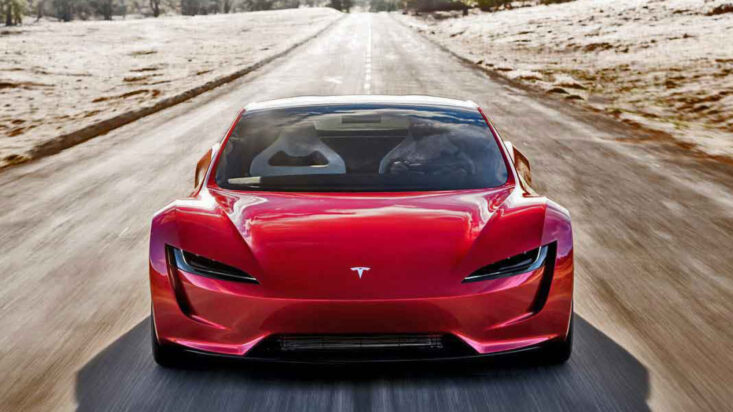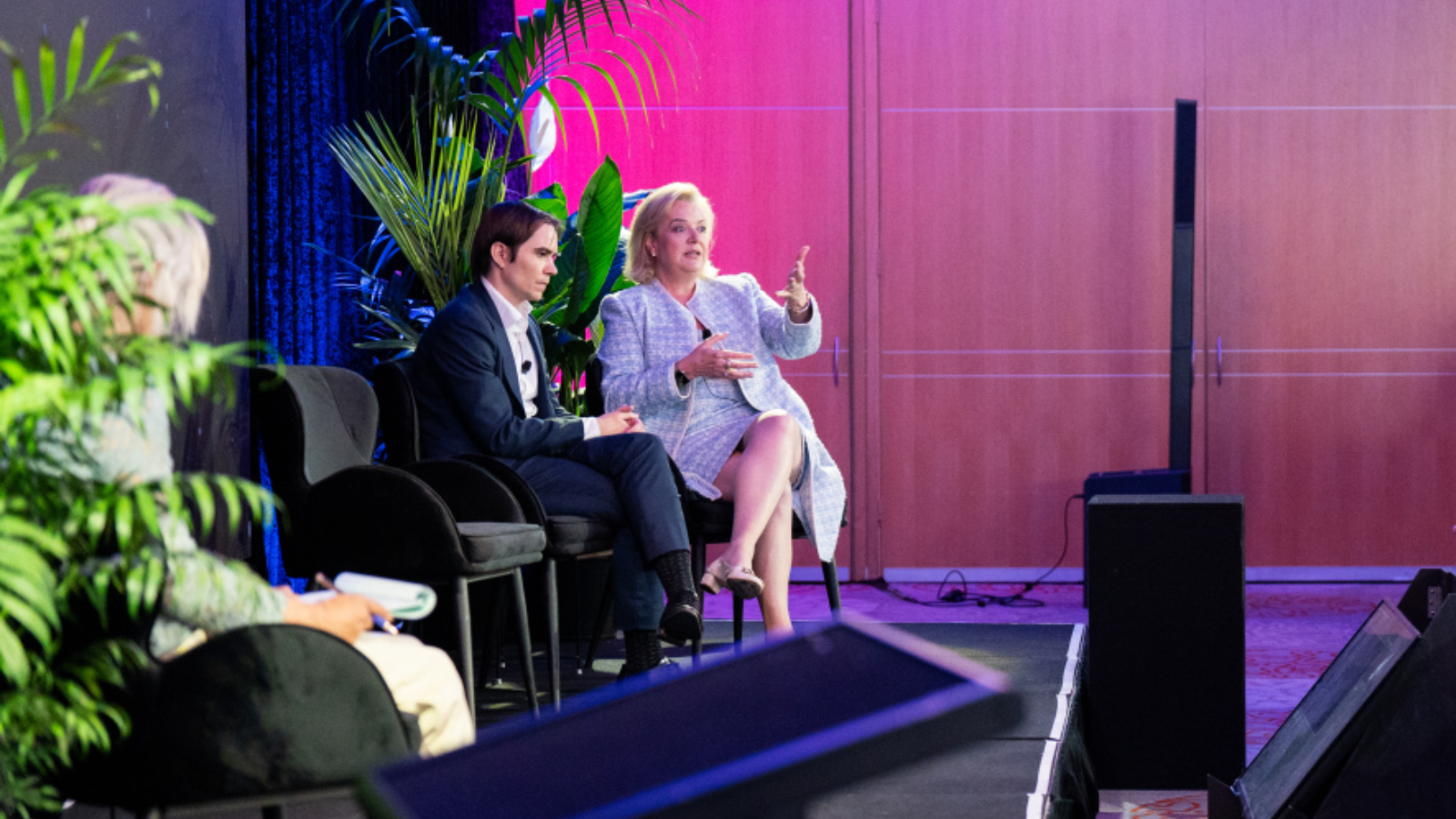Tech vs. valuation
With the end of the month comes another round of investment manager portfolio updates. This week we move our attention to tech company valuations, with the Nasdaq 100 down close to 7% in the last month. The August updates from Hyperion Asset Management, one of the top-performing global equity strategies over the last 12 months, and the Pengana International Fund, offered stark differences.
Both have performed well over the last 12 months, Pengana adding 17.9% compared to the benchmark MSCI return of 6.2%, and Hyperion posting an exceptional 38.9%. Yet the comparison ends there, as portfolio manager of the Pengana strategy, Jordan Cvetanovski, stated in his monthly update that the fund had “exited in full its remaining positions in Microsoft and Alphabet,” meaning the fund is no longer exposed to large-cap global tech stocks. The reason, according to Cvetanovski, is an “adherence to fundamental principles,” primarily around valuations. This despite the statement that both are, and will continue to be, “extraordinary companies.”
So, what has replaced the all-conquering tech stocks in Pengana’s portfolio? A combination of under-pressure Chinese tech names, including Tencent Inc. (owner of the Fortnite eGaming franchise), gold mining through Newmont Mining, the largest such miner in the world, and Japanese Amazon Rakuten Inc. The fund’s managers remain focused on their strategy of investing in only three types of businesses; 1) stable and growing companies with high free-cash-flow yields; 2) cyclical companies where the market is overly pessimistic (read ‘deep value’); or 3) high-growth opportunistic ideas.
At the other end of the spectrum is Hyperion, which is doubling down on tech as “the world turns Japanese,” according to chief investment officer, Mark Arnold. And why not? The fund has delivered a return of 23% a year over the last five years, beating the benchmark of just 10% a year over the same period. In saying that the world is “turning Japanese,” the fund manager highlights key similarities to the Japanese deflationary decade of which investors must be wary, including: declining populations, ageing demographics and an explosion in government and private debt. They see no real issue with the boom in fiscal deficits, highlighting that Japanese debt has exceeded 200% of GDP with few major issues to speak of, while enjoying full employment for several decades.
The solution, according to Hyperion, is to forget about the ‘value’ approach to investing and focus on those companies that are growing earnings irrespective of what is happening in the economy. This is an important distinction at a time when global growth will diverge greatly as countries emerge from the pandemic at different times and different speeds. Hyperion believes that future returns will be concentrated in a small number of stocks, which offer great potential to outperform. Specifically, the firm seeks exposure to the following:
- Structural tailwinds – including the work-from-home trend or the digitisation of retail;
- Large addressable markets
- Sustainable and proven competitive advantages
- Capital-light, proven business models
Most importantly they seek two core attributes in every company they assess: low debt and management with a long-term focus. It is those companies using their revenue (and profit where it exists) to reinvest in themselves, solidifying their competitive position and focused on the future ten years from now, not three months, that are best placed to ‘win’ for investors.
To say that Hyperion invests with conviction would be an understatement. The leading Global Growth Fund holds just 20 stocks, of which 18 carry market caps of over $100 billion. The standout twelve-month performance has been driven by Arnold’s pivot to Tesla Inc., holding 11% of the fund compared to just 1% for the index, and Square Payments (11% vs 0.1%), both bets that are paying-off in spades in 2020.
With both strategies heading in different directions, only time will tell which is correct.











